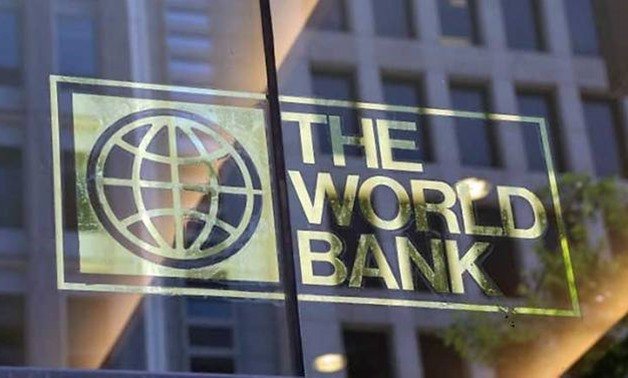
The World Bank approved a package of $518 million for two projects in support of Pakistan’s ambitious efforts to raise revenue and reduce compliance cost with a goal of providing better services to the people, stated the Country Office of the World Bank on Friday.
The announcement from the WB came in midst of Prime Minister Imran Khan’s tirade against addition of Rs18 trillion in public debt by the governments of Pakistan Peoples Party (2008-2013) and Pakistan Muslim League-N (2013-2018).
Imran also holds the portfolio of the finance minister and it seems that either the Ministry of Finance did not take the premier into confidence or Imran’s public posture was contrary to his economic policies. The PM has already announced to setup a commission to probe Rs18 trillion addition in public debt in the past ten years.
World Bank sees Pakistan's potential to be a $2 trillion economy
The WB approved $400 million loan for tax reforms in Federal of Revenue and another $118 million for Khyber-Pakhtunkhwa Revenue Mobilisation and Public Resource Management Project.
There are two key objectives tagged with the FBR’s $400 million loan -increasing tax to Gross Domestic Product ratio from 13 per cent to 17 per cent and enhancing the income tax return filers from 1.2 million to 3.5 million by 2024. It seems that WB has used outdated figures as the number of tax filers have already increased to 1.93 million. Other goals include reducing the hours required to pay taxes from 293.5 hours a year to 197 and bringing customs reforms.
The PTI government’s decisions to take loans for increasing the tax base has raised questions over Imran’s claim that people are not coming under the tax net due to the previous corrupt PML-N government.
The WB has given the $518 million loan at concessionary rates –money that could have been used more productively by creating an asset.
It will be the second full-scale attempt by the WB to reform the FBR in the past 14 years. Its earlier $150 million worth of Tax Administration Reforms Project badly failed to yield the desired results and the money went down the drain.
Out of $400 million, $320 million will be linked with the achievement of certain targets.
Pakistan needs faster reforms, deep-rooted economic transformation: World Bank
The loan has been planned for bringing improvements in four broader areas. The project information document of $400 million puts these areas as having a “simple and coherent tax system, control of taxpayer obligations, compliance facilitation, and institutional development.
There is not even one area that needs a foreign loan for bringing improvement. The only thing that is needed to achieve these goals is the political will and installation of competent and professionally sound taxmen at the headquarters.
The WB document claims that Pakistan needs to broaden the tax base instead of burdening the existing taxpayers. However, IMF’s practical steps are contrary to this advice. The IMF has asked Pakistan to make tax efforts equal to 1.7 per cent of GDP next year that forced the government to slap at least Rs516 billion additional taxes in budget 2019-20.
The $400 million Pakistan Raises Revenue Project will support the FBR focus to create a sustainable increase in Pakistan’s domestic tax revenue, says an official handout of the WB. It added the project will assist in simplifying the tax regime and strengthening tax and customs administration. It will also support the FBR with technology and digital infrastructure and technical skills, according to the WB.
“The ($400 million) project will target raising the tax-to-GDP ratio to 17 per cent by financial year 2023-2024 and widening the tax net from the current 1.2 million to at least 3.5 million active taxpayers”, said Muhammad Waheed, the WB Task Team Leader of the Project.
Pakistan’s revenue performance has improved significantly from tax policy measures in recent years, rising from 9.5 per cent of GDP in financial year 2011-2012 to 12.9% in financial year 2017-2018, according to the WB. This is still lower than the level needed by developing countries, of at least 15 per cent of GDP, to fund basic government functions and provide services to people, it added.
“Creating fiscal space through revenue mobilisation is critical to reduce the country’s budget deficit, enabling people of Pakistan to benefit from better public investments and services,” said Illango Patchamuthu, World Bank Country Director for Pakistan.
The $118 million Khyber-Pakhtunkhwa Revenue Mobilisation and Public Resource Management Project will support the Government of Khyber-Pakhtunkhwa to increase its capacity for revenue collection and the management of the province’s resources, according to the WB.
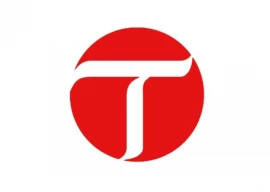
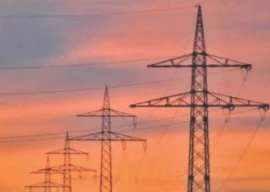
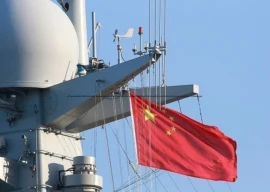

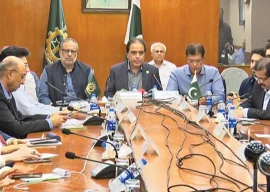


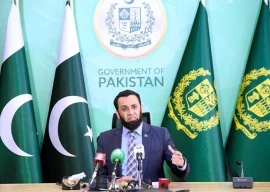


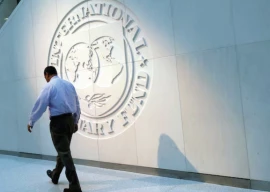




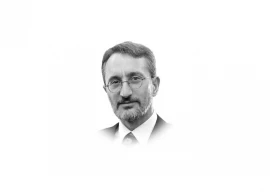


COMMENTS
Comments are moderated and generally will be posted if they are on-topic and not abusive.
For more information, please see our Comments FAQ